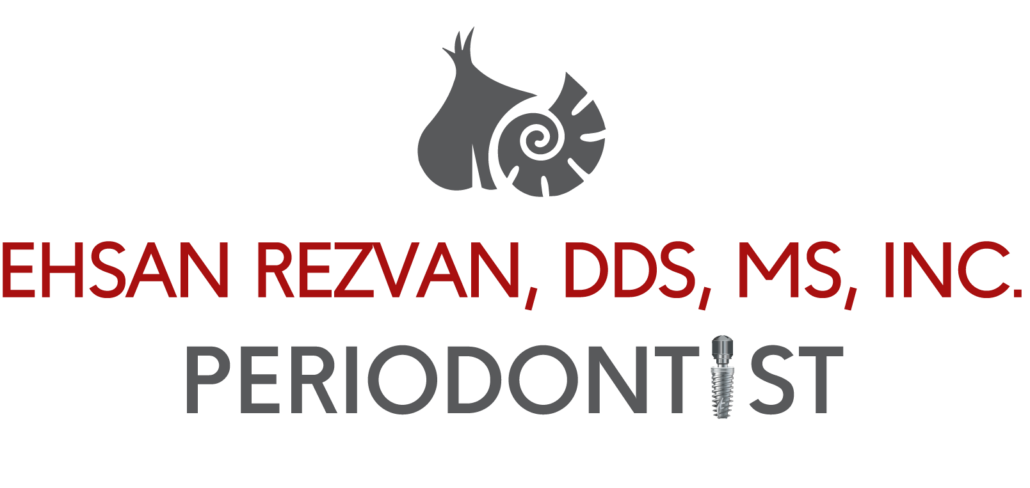Busting Bad Breath
We’ve all been in situations when we’re desperate for a mint or a toothbrush. Maybe you had onions in your lunch or an extra cup of coffee, and you’re left self-conscious about your breath for the rest of the day. While bad breath is often caused by harmless (but unfortunate) food choices, it can also be a sign of something more serious.
Studies show that 50 percent of adults have had bad breath—also known as halitosis—at some point in their lives, and this not-so-fresh feeling can be caused by a number of factors. One of those factors is bacteria, which naturally lives inside your mouth. There are hundreds of bad-breath-causing bacteria growing in your mouth right now, thanks to your mouth’s warm, wet nature. When you eat, these bacteria feed off of the food particles that are left in your mouth after the meal, which leaves a spoiled-smelling waste product behind.
Another cause of bad breath could be a lack of, or limited saliva production. Saliva is responsible for washing out your mouth, and it does so automatically, especially when your digestive system is ignited. If your digestive system is activated but your saliva production doesn’t keep up, your mouth won’t be cleaned the way that it should be after each bite. Dry mouth can be caused by breathing through your mouth, or something less controllable like medications or salivary gland problems.
If you notice no change in your saliva production but bad breath persists, it may be because of advanced gum disease. This is typically caused by plaque, a sticky, cavity-causing bacteria, finding its way between your teeth and your gum line and should be addressed immediately. Gum disease can also be caused by smoking, and because tobacco use limits your ability to taste, a smoker may not even know that they have bad breath. There are a number of ways to treat and prevent gum disease, but only when taken care of quickly and properly. Bad breath could just be the beginning of more serious symptoms including decay and tooth loss.
If you brush and floss as directed every day, and you’ve asked Dr. Rezvan about your bad breath but our office is unable to identify any infection, it could be the result of a problem that can’t be identified by studying the mouth. Conditions including a sinus condition, diabetes, liver or kidney disease, or gastric reflux can impact your breath negatively. If this is your situation, it’s best to see your primary care physician to take a closer look.
To keep bad breath at bay, make sure that you’re brushing twice a day (dentures too!), flossing at least once, and using mouthwash. These methods will remove any food particles that are leaving their odor behind and affecting your breath and your confidence. And don’t forget about your tongue! Bad breath odors can make themselves at home on your tongue, so it’s especially important to brush your tongue or use a tongue scraper to cleanse your palate.
As always, make sure to keep up with your regular visits to Dr. Rezvan. He’ll be able to identify any sources of dry mouth or bad breath early on and work with you to prevent escalation.



